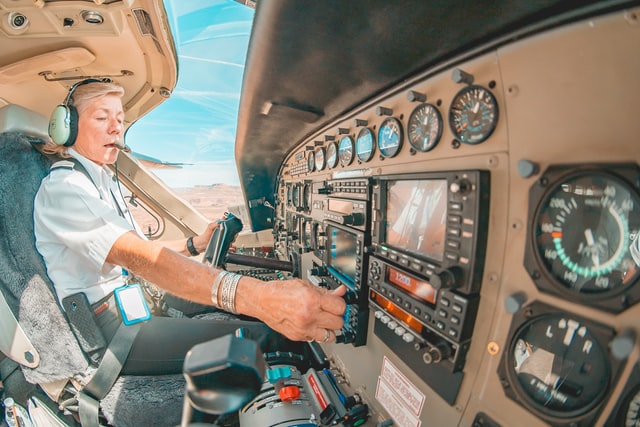
If you are reading this, you obviously already know that being a Pilot is going to entail a lot of work. You will be subjected to learning much more than you imagined, you will have examinations to take, both written and physical.
Contents
The results of these tests are going to make or break your plans as far as being an Aviation Pilot, especially if you are Diabetic.
As you are aware there are two types of diabetes. Type I and Type II.
Type I
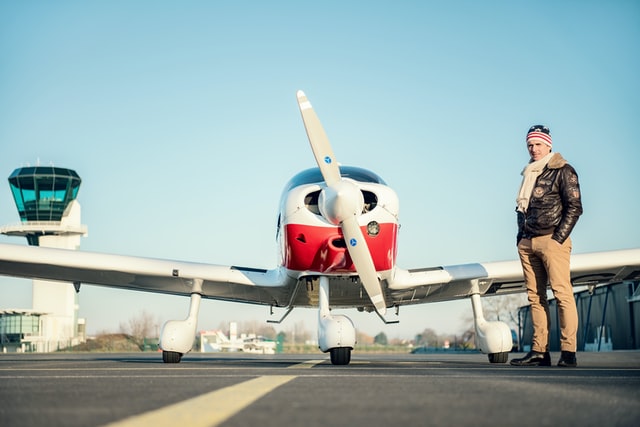
Type I diabetics need to receive insulin through an injection. The insulin injection should be equivalent to the amount of carbohydrates consumed. Be aware that it is nearly impossible to match up the carbohydrates to the insulin and be accurate.
If the blood sugar is too high too often there are issues that can and will likely happen. Issues such as Infections, loss of circulation, blindness and possible death.
If the blood glucose is too low, too often there are different issues such as disorientation, fainting, and inability to focus and stay aware. If any of these occur and the person does not get supplemental glucose immediately, the brain may not recover and this could lead to death.
Type II
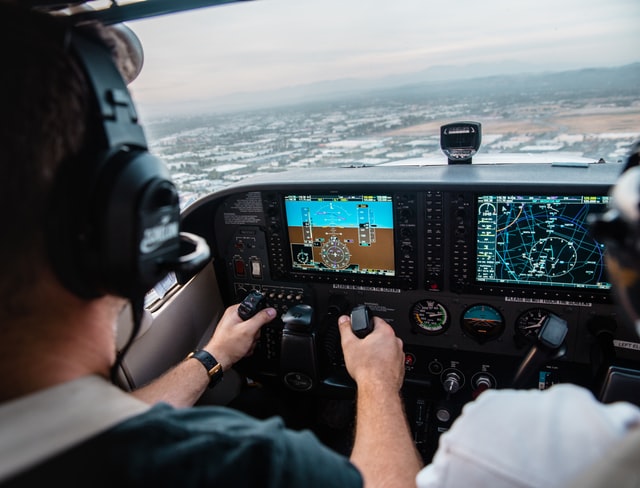
This is a condition where the body produces too much sugar which circulates through the bloodstream. This can and often leads to issues with the nervous system, circulatory system and immune system.
In Type II, there are two interrelating problems, the pancreas does not produce enough insulin to move the glucose through the bloodstream and secondly, your cells respond very weakly to the insulin produced and then take in less sugar.
This means that there may be incredibly high amounts of insulin within the body, however, the cells do not recognize it as insulin. These patients are treated with methods that will increase the cell's reception to insulin.
There may be medications that help, however, most often it is a strictly regulated diet that will help to wake up the receptors so that they realize there is insulin there to be used. This is not in any manner a cure, but a lifelong treatment.
Obese people are most often the ones with receptor issues. The more weight they gain, the more resistant to the insulin these cells become. Losing weight and exercising regularly is the common method of regulating Type II diabetes. Simply stated, eat less and exercise more.
Health Conditions
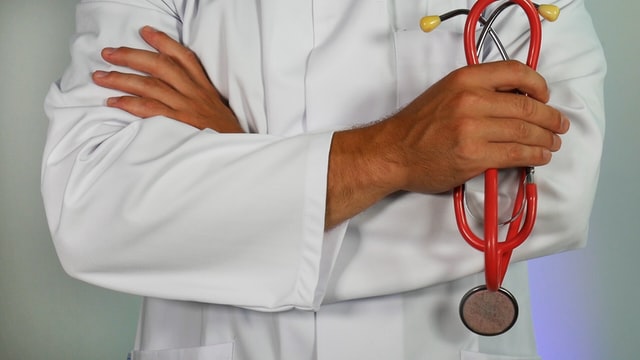
In every professional position, there are likely going to be some medical issues that prevent you from being able to complete the tasks and fulfil the job requirements. Being a Pilot for the Federal Aviation Association is no different.
When it comes down to the facts of the matter, an Airline Pilot is responsible for many, many lives aboard each aircraft he or she flies. The FAA needs to keep that first and foremost in mind when selecting Pilots.
One of the examinations that you will be put through is a Medical Certification Process. Within the guidelines of the FAA, there are medical conditions that will prevent those with certain medical issues from obtaining a Commercial Pilot License.
For a full and complete list of these disqualifying conditions, you can visit the FAA Regulations page.
“Certain Medical conditions described in these standards are mandatorily disqualified from flying. The disorders include a personality disorder that is manifested by overt acts, a psychosis, alcoholism, drug dependence, epilepsy, an unexplained disturbance of consciousness, myocardial infarction, angina pectoris, and Diabetes that requires medication for its control.”
Safety Concerns
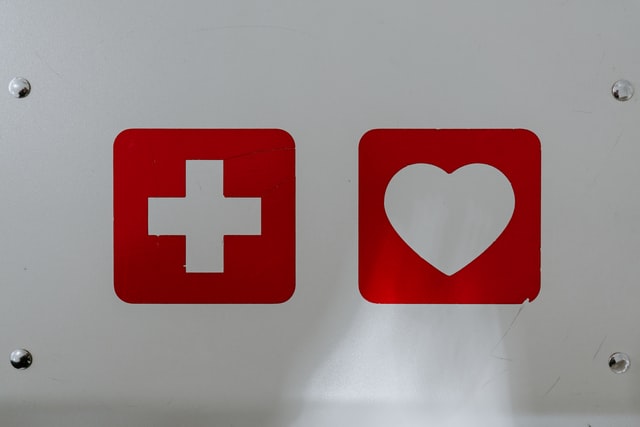
The FAA has enacted strict regulations and guidelines that need to be followed inherently. As is stated by the FAA, there are even minor day-to-day illnesses that may cause or degrade the performance of a Pilot while he is on duty. For example, high fevers and infections can cause impairment of judgment, medications can cause dizziness or drowsiness,
The safest way to be safe is to not fly at all if you are ill if you have a fever or are taking medications.
The ability to perform the position requirements can be affected greatly by prescribed medication and also by over-the-counter medications. As a Pilot, you have the lives of many people in your hands, not just your own life.
All Pilots must possess valid medical certification to exercise their privileges of the airman certificates, that is except those flying gliders and free air balloons.
The medical examinations are performed by Designated Aviation Medical Examiners. These are Physicians with a special interest in Aviation Safety and also Training in Aviation Medicine.
Third Class Certificate
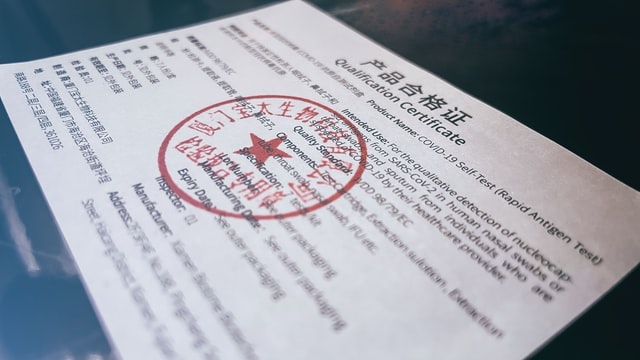
Since 1996 however, Pilots who have Diabetes and use insulin, have been able to apply for a Third Class Medical Certificate. The Third Class Certificate means that Pilots can perform private and recreational operations, they can fly as a student pilots. They could also perform as a Flight Instructor and operate as a Sport pilot.
Special Issuance Certificates
For the last many years, the FAA was not extending any special issuance certificates to Pilots that used insulin, who were seeking first and second-class medical certificates. In April 2015, this changed somewhat.
The FAA stated that it would review all applications for First and Second Class Certification on a case-by-case basis.
Ultimately, there were no certificates granted under this guideline. In November of 2019, the FAA then published a NOTICE in the Federal Registrar stating that they now had a protocol they would follow to evaluate applicants with Type 2 Diabetes that apply for First and Second class Medical Certifications.
It has always been insinuated that the position of the FAA was to evaluate on a case-by-case basis to determine if the person was capable of performing the job requirements and certain activities.
International Acknowledgement
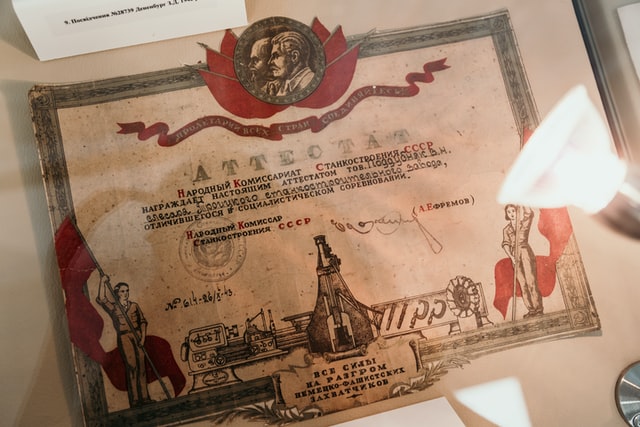
Across the world, different countries have realized that each applicant should be evaluated on a case-by-case basis. Canada has been practising this approach since 2001. In 2012, the United Kingdom also adopted this approach. The UK protocol allows pilots who use insulin to partake in airline transport and commercial operations.
Chicago Convention
This is an International Civil Aviation Treaty, which was signed in 1944, and allows Pilots with insulin-treated diabetes to fly into the airspace of other countries. This treaty makes it legal, even if the said country does not grant Commercial License to Diabetics who treat with insulin.
Americans with Disabilities Act
The ADA has been advocating for pilots with diabetes, treated with insulin, and those with no insulin, for decades.
The goal is to work with the FAA and convince them that there are advancements in Science, Technology, Medicine and Treatment. They want the FAA to fully understand that Pilots with diabetes that require insulin, should be allowed to be certified as full-fledged pilots.
Facts Regarding The FAA Announcement
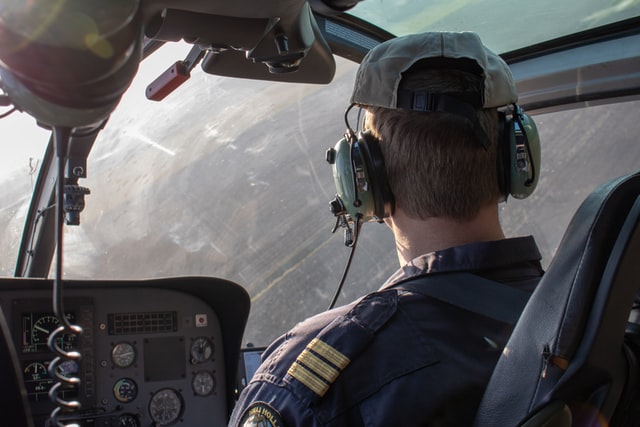
The FAA has established criteria to be used in identifying all qualified applicants for a Third Class Medical Certification.
All Pilots who use insulin must follow the protocol for monitoring before and during Third Class flight operations.
Those Pilots with a Third Class Medical Certification, which includes special issuance for insulin, are required to continually provide the special medical documentation as requested by the FAA. The documentation is mandatory for those who wish to keep their license.
The Code of Regulations describes in detail, each activity that is able to be performed under each category or Class of Certification.
Detection During Examination
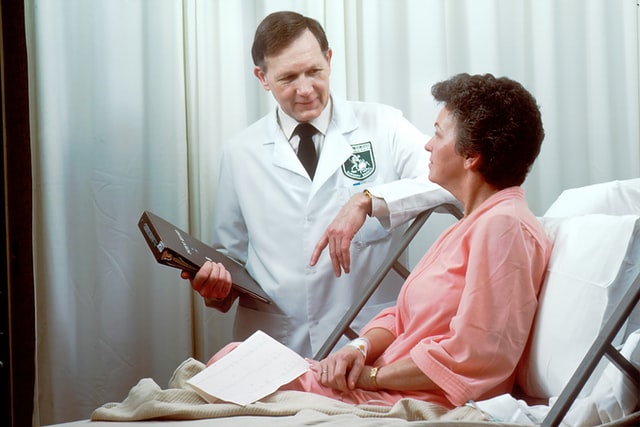
You are probably wondering how it is detected in a person that is testing to be an Airline Pilot. Earlier I mentioned testing, both mental and physical. During the physical examination, urine samples will be requested. Within the urine, the amount of glucose will be given.
However, it must also be understood that all people could show a high level of glucose when their urine is tested. It depends on what was eaten prior to the testing.
If there is a large amount of glucose found in the urine, then blood tests will be done to determine the amount of blood sugar.
The haemoglobin A1C will also be able to give an idea of how high it has been for the last month or two. Obviously, the FAA does adhere to strict guidelines as to how high they will allow for blood glucose. However, this information is not made public knowledge.
Type II Pilots
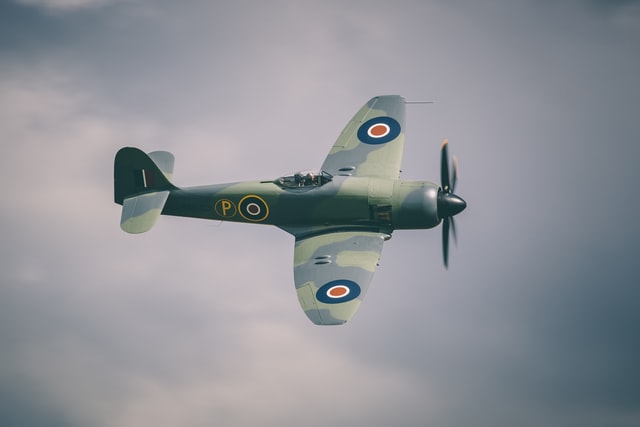
For obvious safety reasons, there are limits as to how high the glucose levels could be. Even with the advancements in Medicine and Technology, there is no way to guarantee that blood glucose levels will be maintained.
It is impossible to perfectly regulate blood sugars. In order to be given a favourable passing review by the FAA, it is only the top people, the cream of the crop, who have mastered living with diabetes and have learned how to eat to keep their insulin and blood glucose levels adequately maintained.
These chosen few will have demonstrated control over their diabetes, are very anal in regards to their dietary management and have no episodes of hypoglycemia, as well as no other medical issues that could interfere with their Diabetes Management.
These people who have been given a favourable review by the FAA in regards to Diabetes and its management of it will still be mandated to do glucose testing before, during and after the flight.
This should give all the answers in regards to Certification for being a Pilot. Again, check the above FAA regulations page for complete details.





